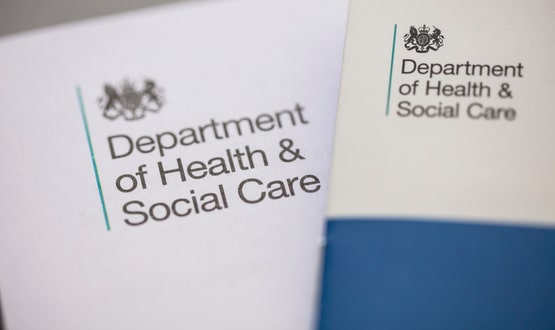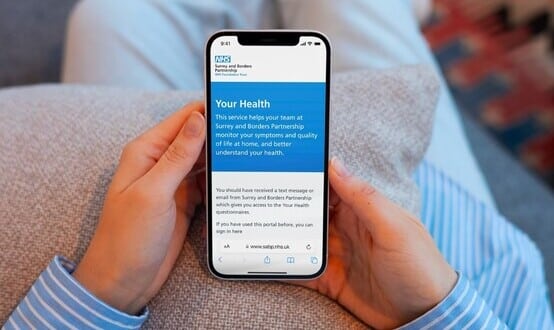Patients need reminders for online depression self-help
- 27 June 2005
Websites that only offer self-help for people suffering from depression can be effective as those that also offer external clinical guidance, as long as patients are reminded to use them, according to a new study published this week.
Researchers at the Kaiser Permanente Center for Health Research studied a group of 250 people with self-diagnosed depression, and sent telephone or postcard reminders to a randomised group asking them to visit their Overcoming Depression on the InterNet (ODIN) site over a period of four months.
Among participants who received reminders by telephone or postcard, there was a 20% reduction in those who moved from clinically depressed to normal after a period of 16 weeks. This was in contract to the researchers’ previous study, in which subjects were not reminded to use ODIN, and usage dropped off significantly after a few weeks.
"The low incremental costs of delivering this Internet program makes it feasible to offer this or similar programs to very large populations where Internet access is widespread," argued the researchers. "Interventions with a small average effect may have substantial public health impact when applied to a large number of people."
The ODIN system, which was developed by the researchers, is based around Cognitive Behavioural Therapy (CBT) techniques. However, it is differs from other depression therapy websites in that it does not provide mental health counselling but is described as "pure self-help".
Although guided self-help has generally been proved to be effective, the lower cost of self-help without external counselling over a wide population could be seen as attractive.
"This study is the first to find significant effects for a pure self-help or ‘unattended’ Internet program, where the intervention was delivered without any adjunct person-to-person contact," argued the researchers.
"We view low intensity, widely available interventions as an important piece of an overall, population-based strategy for reducing depression disorder and symptomatology. The margin costs of delivering this pure self-help Internet program to each additional individual are very minimal, given that there is no staff time associated with the delivery of the intervention content."
Other previous studies have shown that website walkthroughs and guides are necessary for online depression therapy to be useful. The British Journal of Psychology reported that users who visited a highly interactive cognitive behavioural therapy site called MoodGYM felt less stigma towards depression than those who simply viewed information online.
Preliminary guidance from the National Institute for Clinical Excellence, published on 27 May 2005, recommends one CBT programme, Beating the Blues, for treatment of mild and moderate depression. The guidance will be finalised after consultation is finished later this year.
Links
Overcoming Depression on the Internet (2): A Randomized Trial of a Self-Help Depression Skills Program With Reminders [Journal of Medical Internet Research]




